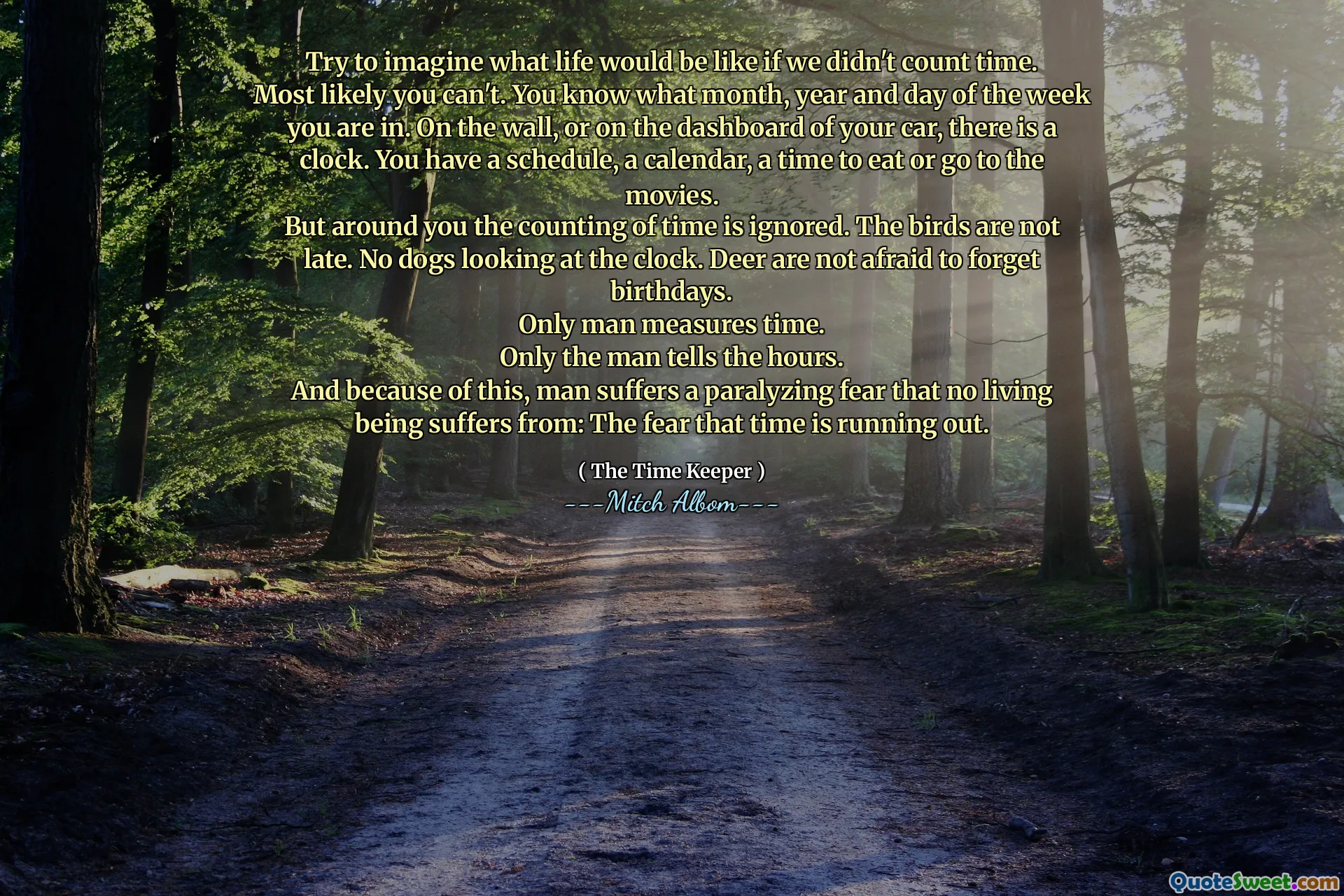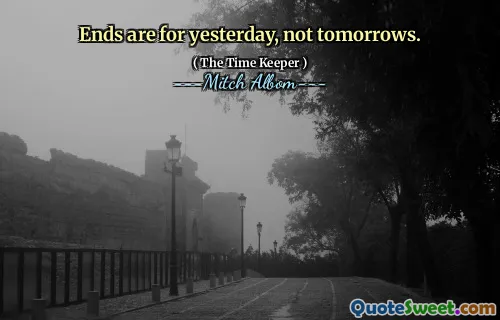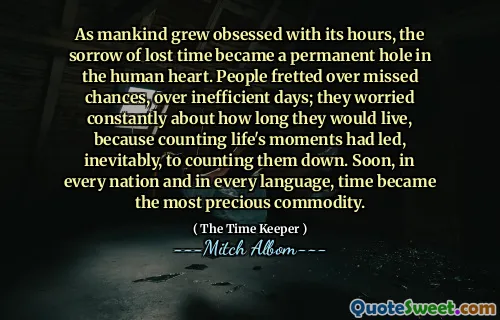
Try to imagine what life would be like if we didn't count time. Most likely you can't. You know what month, year and day of the week you are in. On the wall, or on the dashboard of your car, there is a clock. You have a schedule, a calendar, a time to eat or go to the movies. But around you the counting of time is ignored. The birds are not late. No dogs looking at the clock. Deer are not afraid to forget birthdays. Only man measures time. Only the man tells the hours. And because of this, man suffers a paralyzing fear that no living being suffers from: The fear that time is running out.
Life revolves around the measurement of time, which has become an integral part of human existence. We are constantly aware of the specific month, year, and day, often consulting clocks and calendars to keep our schedules in check. This fixation on time dictates our routines, including when we eat or engage in leisure activities like going to the movies.
In contrast, the natural world operates without such concerns. Animals like birds and dogs do not adhere to time constraints, living in the moment rather than worrying about deadlines or aging. This stark difference highlights a unique aspect of humanity: our obsessive relationship with time leads to a pervasive fear of its passage, a concept that creatures outside our species do not experience.











